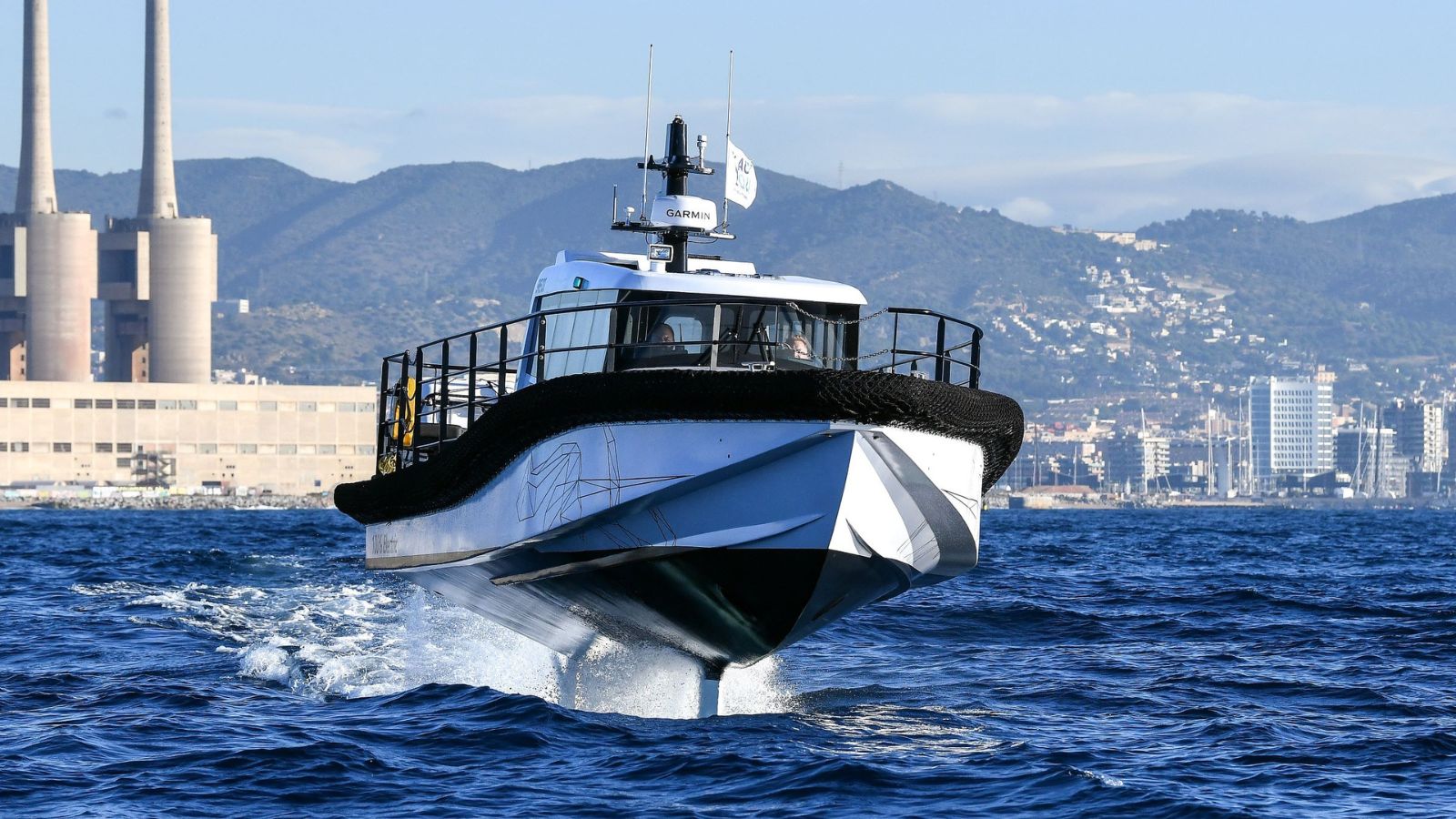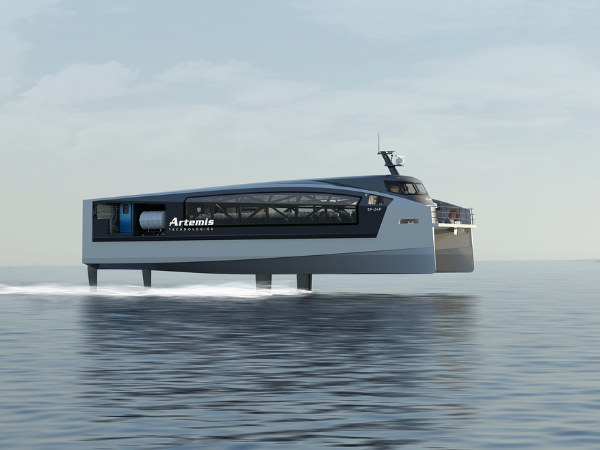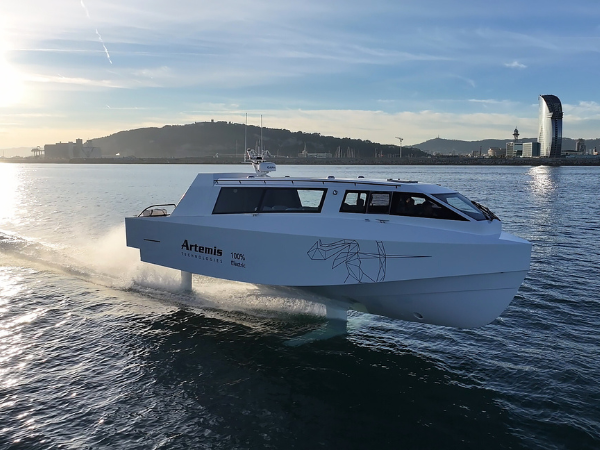World Sustainable Transport Day: What the three pillars of sustainability mean for maritime transport
Time to read: 2 minutes
Posted on: 26 November, 2024
One drop of water connects everywhere. The value of our waterways should not be underestimated; transporting people and goods around the world.
While the drive to protect our planet has never been more important, sustainability encompasses more than just the environment. Economic and social sustainability are equally critical. So, how can the ferry industry ensure it delivers on environmental sustainability directives, while still operating commercially-viable operations that positively contribute to the green economy and global society?
As we celebrate World Sustainable Transport Day, marking the achievements of the first decade of sustainable transport under the United Nations framework, it is vital to explore how these three pillars of sustainability can guide the future of waterborne transportation.

Environmental sustainability
The UN General Assembly have placed emphasis on the critical role of transport in achieving the Sustainable Development Goals (SDGs) by declaring the first ever Decade of Sustainable Transport to begin in 2026. The maritime industry must prioritise reducing emissions to achieve net zero targets. Transitioning away from vessels which produce harmful pollutants is essential to mitigating their environmental impact.
Artemis eFoiler® powered vessels reflect this shift by replacing traditional fuel-powered ferries with advanced electric and hybrid technologies. These vessels are designed to support operators reduce their carbon footprint by producing zero emissions in operation achieve net-zero emissions. Through advanced electric foiling technology, these vessels also create reduced wake helping to protect sensitive shorelines.

Social sustainability
In many cities, waterways remain underutilised. They have the potential to significantly help alleviate urban congestion and change how people move around.
Social sustainability involves engaging with and educating communities about the benefits of maritime transport while ensuring equitable access to essential services. Through our partnership with Orkney Islands Council, we are providing two vessels, including the Artemis EF-24 Passenger, that will help to foster connectivity. By providing reliable, eco-friendly transport, these vessels will help connect communities and offer accessibility for those who rely on reliable maritime links.

Economic sustainability
Sustainable transport systems are catalysts for economic growth. Through our work as lead partner of the Belfast Maritime Consortium, we’re working alongside local councils, educational bodies and industry partners to develop the technical and operational requirements for a maritime transport system of the future. This includes equipping people with knowledge and skills to participate in this evolving sector while creating high-value jobs and establishing our Advanced Manufacturing Engineering apprenticeship in partnership with Belfast Met.
Tourism is another avenue of economic opportunity. By offering environmentally friendly travel experiences, vessels such as the Artemis EF-12 Escape, can attract visitors seeking unique, low-impact ways to explore destinations, helping to stimulate local economies and enhance regional reputation as a sustainability leader.
World Sustainable Transport Day reminds us that progress is possible when industries embrace innovation and commit to change. Waterborne transport is vital to global connectivity and sustainability, and as the maritime industry strives to balance environmental, social and economic pillars, embracing innovative solutions can help with this progress.